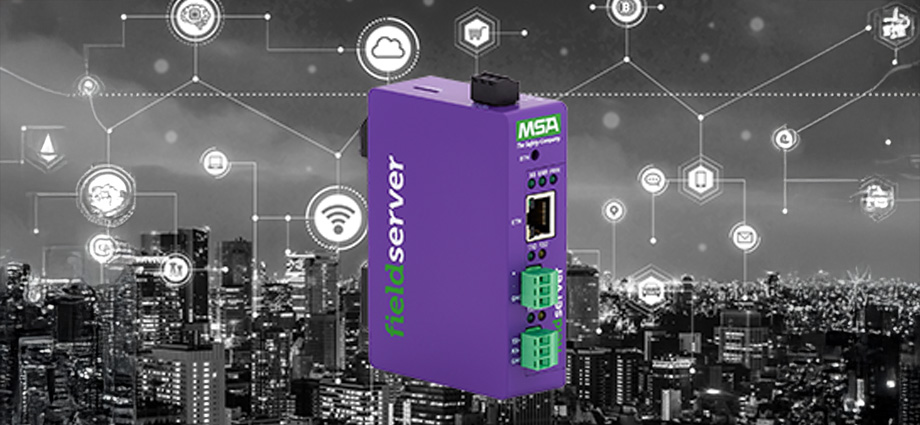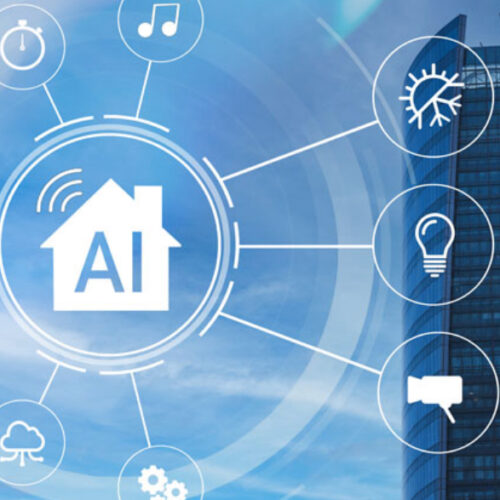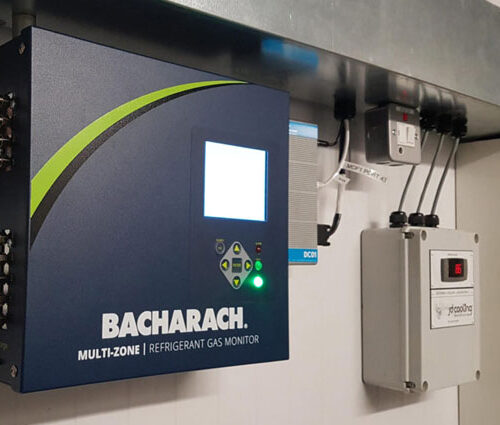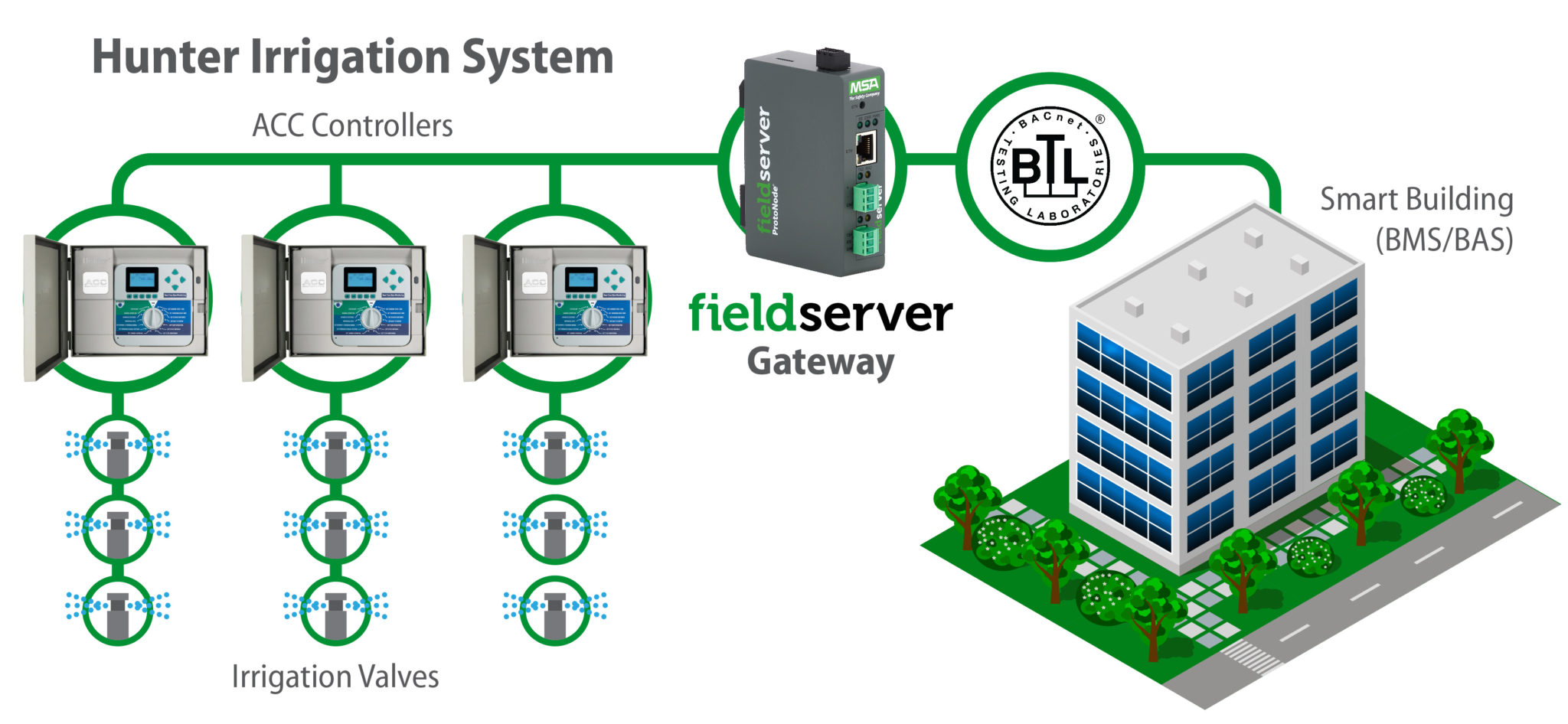
We’re headed to Orlando this winter for the biggest event for heating, cooling, refrigeration, indoor air quality (IAQ), and building automation professionals—and we hope you’ll join us.
MSA HVACR experts and FieldServer™ product managers will be at the AHR Expo at Booth 1361 in Orlando, February 10-12, 2025, giving demos and answering questions about:
For us and 50,000+ attendees, the #AHRexpo is always a can’t-miss event and the 2025 Expo promises to be no exception. We’re looking forward to diving into HVAC trends, emerging regulations, open-source projects, and, of course, the next wave in building automation and controls.
As usual, the 2025 AHR Expo will be jam-packed with a robust lineup of speakers, panels, exhibitors, and networking opportunities. Whether you’ll be there in person or in spirit, we wanted to help you make the most of the event, so we put together our recommendations for what to think about in preparation for the show for smart HVAC systems, FieldServer Gateways, and data management.
The Growth of Smart HVAC
Technology has revolutionized the HVAC industry and enabled smart, efficient, data-driven operations—and the numbers show it:
- The global smart HVAC control market is projected to reach $26.8 billion by 2032.1
- The number of connected IoT devices is expected to grow to 40 billion by 2030.2
- The global commercial HVAC market is expected to grow at a CAGR of 4.37% by 2028.3
3 Questions to Ask Yourself About IoT-Enabled Data Management
Keeping up with the revolution means keeping up with one of the main drivers behind it: data collection, processing, and management. So here are three questions to think about when considering IoT protocol gateways for smart HVAC systems.
1. How does an IoT Gateway like FieldServer handle data?
- Real-time data collection and processing
- Edge computing for handling data as close to the source as possible
- Integration with other platforms
There’s a massive amount of data generated from connected IoT devices. This data can include any number of recorded events or parameters, such as temperature, humidity, pressure, or IAQ.
An IoT gateway like FieldServer acts as the centralized communication point among a variety of disparate devices, each speaking its own language. (That’s why multi-protocol support is so important.) This means that when system integrators, facility managers, and others need information in real-time from any part of the HVAC system they can get it.
As an edge computing solution, the IoT gateway can accelerate the capture, upload, and normalizing of relevant data before presenting it in a user-friendly format and enable data-driven decision-making.
The FieldServer IoT gateway, when connected to our cloud platform, the MSA Grid, can interface seamlessly and connect securely with business applications and other cloud-based services so users can remotely configure, update, and support their connected devices.
2. Where is the biggest opportunity for data management to make a positive impact on HVAC efficiency?
- Real-time energy consumption monitoring
- Automated energy optimization
- Integration with demand-driven HVAC management systems
Data is just letters and numbers until it is transformed into usable and relevant information. FieldServer IoT gateways can help users take control of their energy consumption by providing real-time, contextualized insight into energy usage, HVAC performance, and other energy-related activities and trends.
By providing visibility into energy usage data through a RESTful API or web services, an IoT gateway can help users be more proactive in adjusting their HVAC systems to ensure greater efficiencies and align with sustainability initiatives.
3. How can IoT protocol gateways support predictive maintenance?
- Real-time analytics
- Logging of unusual activities, events, or system performance
- Predictive maintenance alerts and notifications
There’s a big difference between planned downtime and production shutdowns or building outages. MSA’s FieldServer gateway solutions give users more control in predicting and planning for maintenance activities.
Alerting users of potential issues means quicker detection and resolution of issues. This not only minimizes downtime, it also reduces the potential for mistakenly replacing high-value assets long before their equipment life is truly over.
Finally, when smart sensors are connected to the FieldServer gateway within the HVAC system, users can more readily access and retrieve time-based event logging. This enables them to more quickly identify performance anomalies and recognize patterns and trends that could indicate that it’s time for maintenance or replacement.
Conclusion
If you’ve never been, you should know that the 2025 AHR Expo is co-sponsored by ASHRAE and AHRI and is uniquely designed to help industry professionals explore all that is new in emerging HVAC technologies.
Of course, IoT gateways play a critical role in smart HVAC systems, so if you want to know even more about connectivity, multi-protocol support, and compatibility with cloud platforms like AWS, add us to your show planner.
Can’t make it? Contact us to schedule a demo or learn more.
Sources:
1 ZionMarketResearch.com. (2024.) Smart HVAC Control Market Size, Share, and Growth. Retrieved November 22, 2024, https://www.zionmarketresearch.com/report/smart-hvac-control-market.
2 IoT Analytics. (2024.) Connected IoT device market update—Summer 2024. Retrieved November 22, 2024, https://iot-analytics.com/number-connected-iot-devices/.
3 Yahoo!Finance. (2024). Commercial HVAC Market to Grow by USD 25.3 Million from 2024-2028. Retrieved November 22, 2024, https://finance.yahoo.com/news/commercial-hvac-market-grow-usd-214500216.html.






